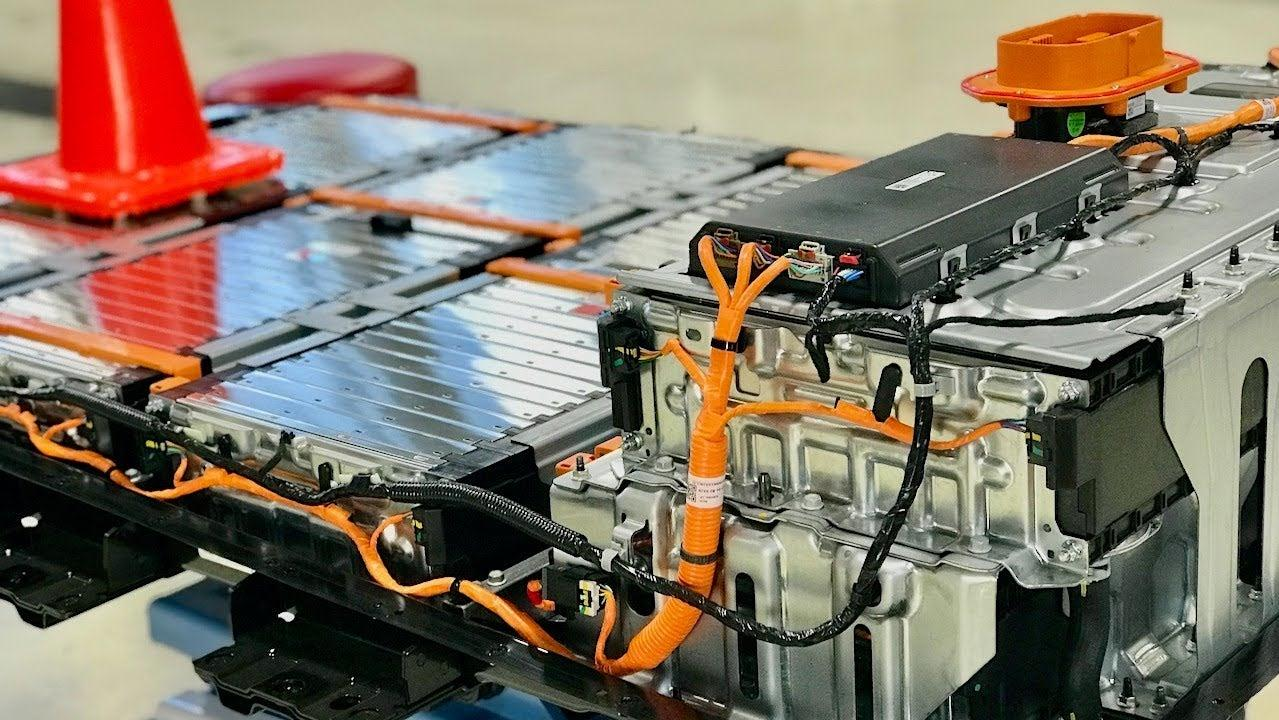California Has No Idea What Its Going To Do With Millions Of Old EV Batteries
The governor wants millions of people to drive EVs. What happens to the batteries when they get old is another issue.
California Governor Gavin Newsom has big EV plans for the state. California is the largest EV market in the country, and on Jan. 26, the governor announced a $10 billion proposal to transition the state to clean energy and get people driving EVs. But as Southern California news outlet the Daily Bulletin reports, when these EVs inevitably get old, no one seems to know how to handle or dispose of the old batteries.
We here at Jalopnik have touched on this looming problem before. Depending on where and who you talk to, there are different solutions. The UK, for instance, wants to recycle batteries using direct recycling, which would use ultrasonic waves to break down the cathode powder without damaging the battery itself so it can be reused. Then VW announced a recycling plan at the beginning of 2021 with a dedicated recycling facility.
California seems to be almost in a rush to transition to EVs with all the transition plans but no long-term thinking. The co-founder of a local battery diagnostic company called ReJoule thinks one of the reasons for this lack of planning is a lack of understanding of how batteries work. From the Bulletin:
There still aren't enough people who understand (retired) batteries well enough to responsibly handle them," said Zora Chung, co-founder of Signal Hill's ReJoule Inc. "Ultimately, we need more education, and to have a more efficient marketplace to re-deploy these batteries into a second-life application.
ReJoule has a plan to repurpose old batteries for solar storage. Meanwhile, the state hasn't mentioned anything regarding battery recycling since late 2018. Assembly Bill 2832 was signed calling for an advisory group to look into recommendations for battery recycling. A report was done up last December with public comments being taken until mid-Febuary 2022.
California's own strict environmental legislation may be another hurdle to battery recycling, as batteries have always been deemed hazardous waste. A bigger hurdle is not knowing what happens to out-of-warranty batteries. The advisory group's report found that there is no good way to track what happens to these batteries after they come out of old vehicles, suggesting that money be used as an incentive to track the batteries:
One of the concerns mentioned by participants was that once vehicles and/or batteries are out of warranty, it is difficult to track them or control what happens. Given the market-driven nature of the vehicle afterlife industry, returning EOL batteries to a domestic reuse or recycling system essentially relies on there being some financial incentive or benefit for doing so to whoever is handling the battery.
With years to go in the EV transition, California better figure something out quickly. Not knowing what to do with millions of potential environmentally hazardous batteries down the road could be the next ecological disaster.
